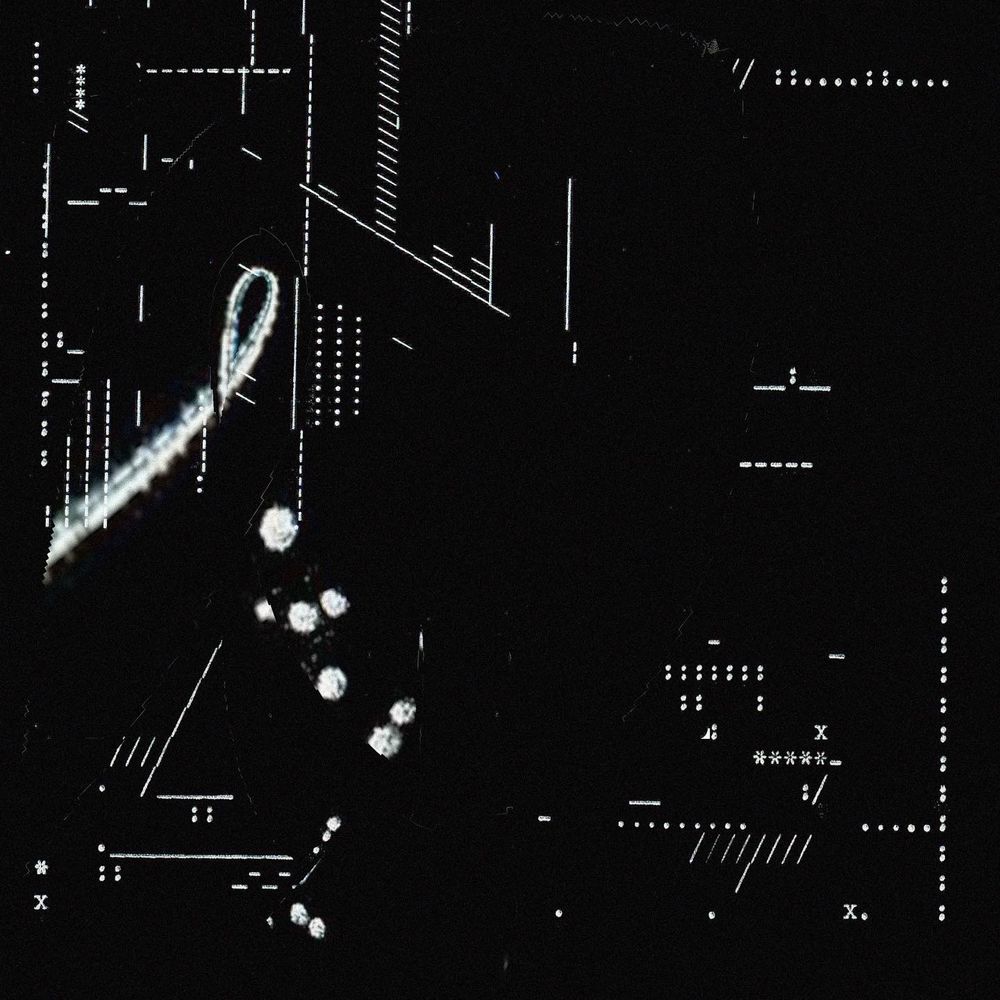On The Present Age’s Radio Static Intelligible
by Ridley Tankersley
Radio Static Intelligible opens like all great anthems of the anti; a swell of feedback, a brash four-count from the drummer, then the burst of sound—an electric force penetrating through the noisy hum to which we hadn’t realized we’d grown accustomed. “What They Pay To See” introduces us to what we will find are group’s signature tools and tactics. The Present Age shares the anger and edge of so-called “punk” bands, but insists on a broader sonic experience, borrowing from jazz its knack for improvisatory space-building and sense of groove.
Frontman and songwriter Logan Lamers’ candid but often mystically dense lyrics take direct aim at the enemies of the people, charged with cultural frustration and loathing for the absurdities of modernity. “Shrug Language” and “Working Evil” are sharp and provocative, while more ethereal tracks like “The Delivery” and “Locks Fasten” offer a platform upon which is shouted an impassioned diatribe. With vigor and command, Lamers’ barrages of verbiage protrude from the band’s urgent expanse, an abrasive fullness aimed to capture the attention of the ignorant. For this is how we so often exist: our raging voices straining to rise above the ocean of noise in which we writhe.
This is evident on the second track, “Always Turn It On Its Head,” within a swirling flurry of guitars and splashing backbeat. The song is a self-proclaimed attack on transmission, a lesson in active skepticism. Each refrain, between lamentations of the newest haircuts and corporate agendas, a body of voices insists in unision that titular adage against complacency and naïvité. At its climax, the song’s brusque riffing dissipates into a misty dissonance, allowing us to digest the demands we’ve been served, before a few final hammerings of Lamers’ demand.
“The Question,” clocking at just over a minute long, is a hasty rumination on the validity of artistry and value of creativity. After all, these traits are complex. To a degree, artmaking is a selfish act, implying self-importance and -indulgence in the name of righteousness. Lamers asks “What’s the difference between an artist and an advertiser?” (The answer, apparently, as we’re gifted no further wisdom before the track’s end, is “I’m not quite sure.”) On the other hand, artistic expression appears to be a necessary facet of society. A form of magic, it inflects (infects?) our psyches subliminally, striking and inspiring us as we’re struck and inspired no other way.
The record drifts away on the feverish air of “Clumsy Ascetic,” an eight-minute dirge cursing the symptoms of a self-inflicted life on the periphery. During the lengthy instrumental finale, we bathe ourselves in its agitating waters and ask, is it really worth the inherent suffering and strife to stand defiant against the status quo? Are my virtues and ethics not in fact charitable, but merely self-obsession and ego in disguise?
Built upon repetitive (but not monotonous) phrases and driving, ardent rhythms, Radio Static Intelligible is sonically jagged—but so too isn’t life? We trudge through the unstable composition of our surroundings, dodging a hail of lobbed attempts to jam up our footing. We offer our labors as contribution to our community and to earn our living, but in return we’re bludgeoned with advertisements for foods full of toxins, “news” we didn’t know we needed, and flashy tech designed to make us hallucinate cultural connection. This record doesn’t provide a grand solution to our modern dilemma, but perhaps it eases the pain by offering its thoughtful reflections—reminding us that we’re all tossed in together, trying to keep from going mad in the whorl of spiritual and material disorder.
Radio Static Intelligible is currently available on streaming platforms and for digital purchase at thepresentagemusic.bandcamp.com. CDs will be available at the end of September and a vinyl release in December.
Ridley Tankersley is a graduate of Lawrence University living in Appleton, WI. He is an artist and plays bass guitar in the rock band Dusk. He also writes songs. For more information about Ridley, visit:




